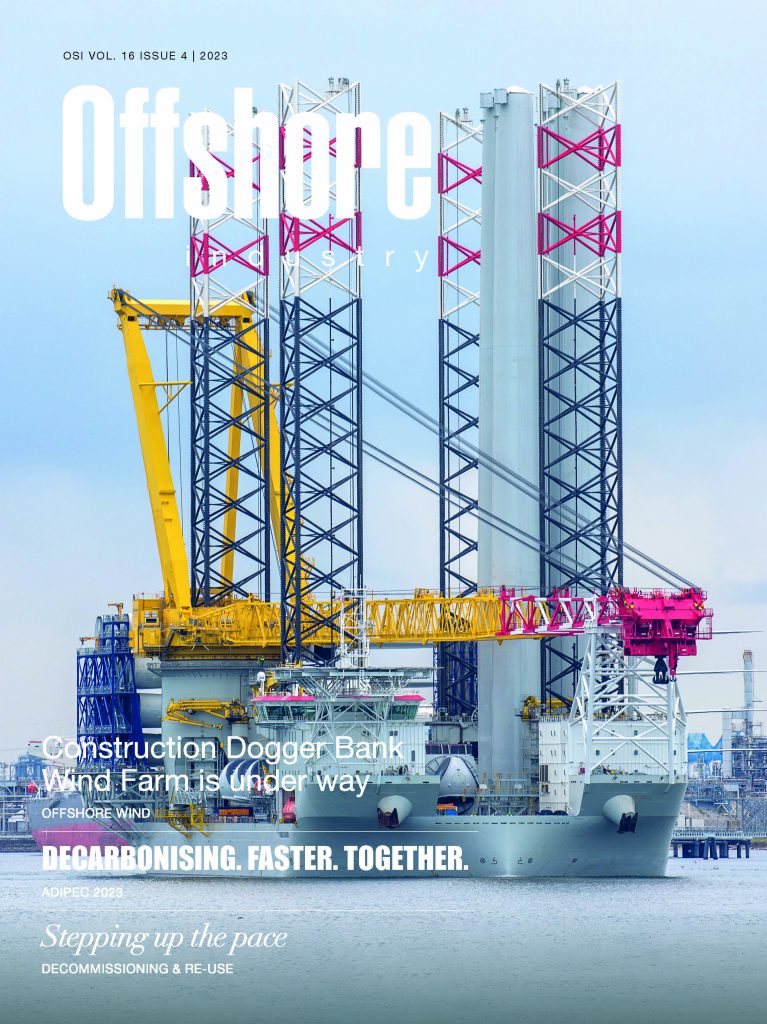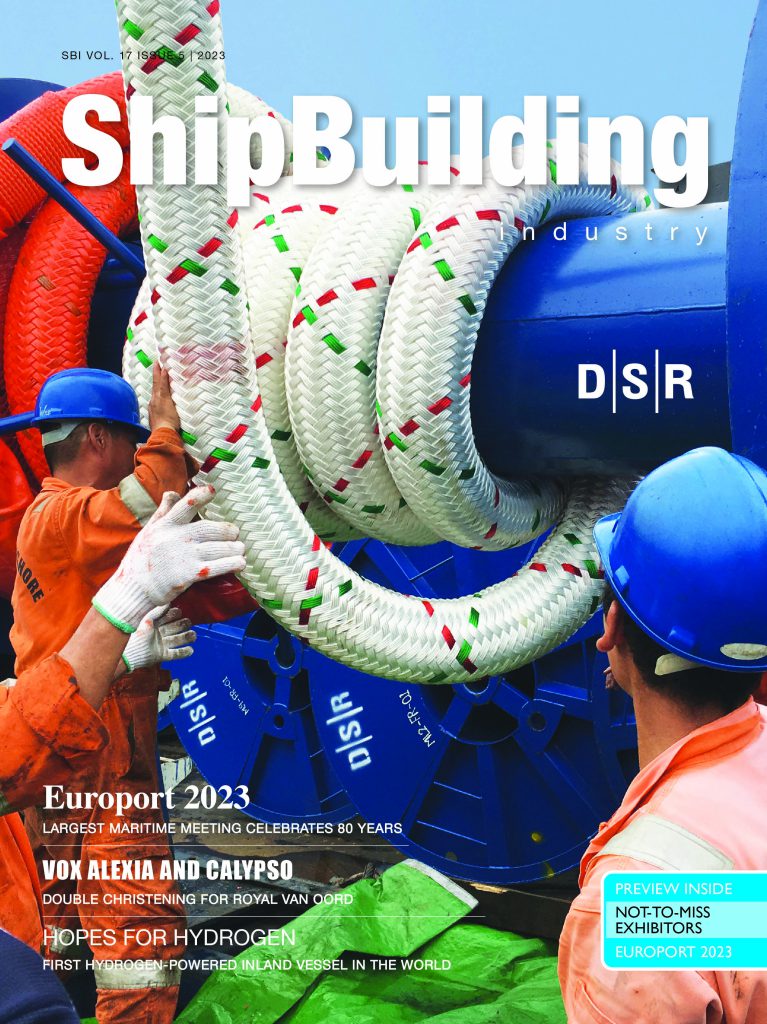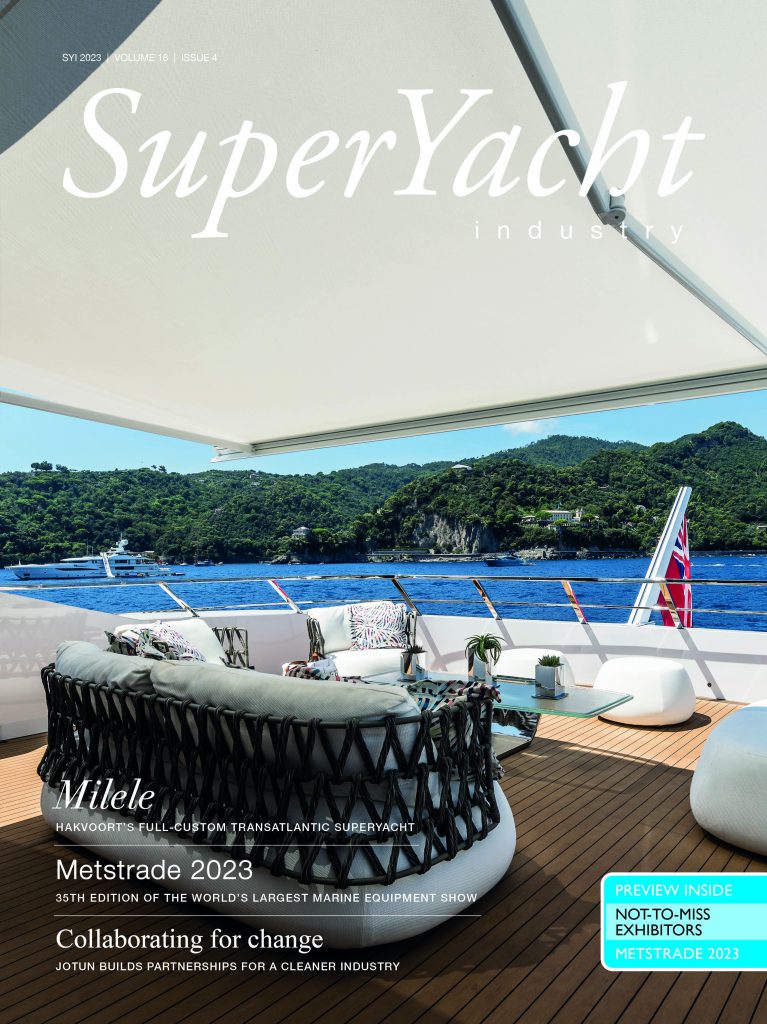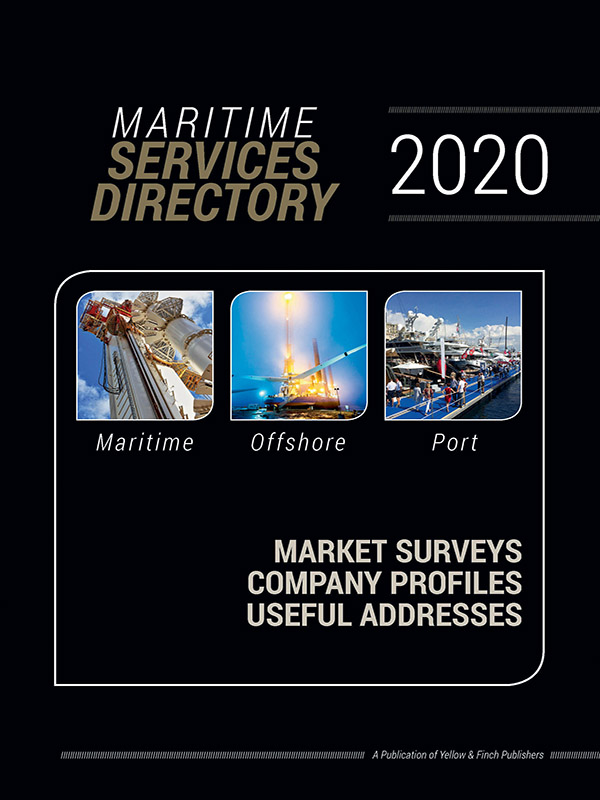Fourth electric ferry for the North Sea Canal
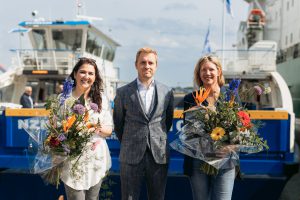 The fourth electric ferry for the North Sea Canal, the NZK Pont 103, was christened on Thursday 12 May 2022. Inge Keur, Commercial Director of GVB performed the christening. The christening took place in Hardinxveld Giessendam at Holland Shipyards Group (HSG), where the ferry was built.
The fourth electric ferry for the North Sea Canal, the NZK Pont 103, was christened on Thursday 12 May 2022. Inge Keur, Commercial Director of GVB performed the christening. The christening took place in Hardinxveld Giessendam at Holland Shipyards Group (HSG), where the ferry was built.
The new ‘plug-in ferries’ will replace all diesel ferries across the North Sea Canal by 2023 at the latest. HSG Director Marco Hoogendoorn thinks it is of great importance for the Netherlands to take the initiative to make shipping more sustainable.
Historic revolution
Inge Keur, who was allowed to baptize the ferry, spoke of a great honor to be part of a historic revolution in shipping. “Ninety years ago, the ferries often started as steam ferries and, just like in the Titanic, coal was burned in the ferry. The first major change was the installation of the diesel engine. Now that there are almost no more icebergs to sail against, it is extremely important for us, but also for others, to start electric sailing in order to slow down climate change. GVB wants people who travel by public transport to be able to rest assured that this is no longer at the expense of the planet. This already applied to metros and trams, in 2025 it will apply to all buses, and next year it will apply to the North Sea Canal ferries.”
Shipping sustainability is possible
Holland Shipyards Group director Marco Hoogendoorn is also proud. The NZK 103 was designed and built in the Netherlands. “As a maritime country and with our top engineers, the Netherlands should also want to be at the forefront of this. After all, if we lead the way, everyone will knock on our door first.” Shipping is perhaps the most challenging form of transport to make more sustainable, because of the long investment periods, long distances, and competition. “Without government incentives, the shipowners and owners will not make it on their own”, says Mr Hoogendoorn. “That is why we are pleased that Amsterdam is setting a good example together with GVB.” Ferries are ideally suited for sailing on batteries, because of the relatively short distances they sail on the same sailing route. Mr Hoogendoorn concludes, “In cases where the distances are longer, the change is a technical nut that we are going to crack. In inland shipping, we are working on projects to equip existing ships with a mini hydrogen power plant.”



